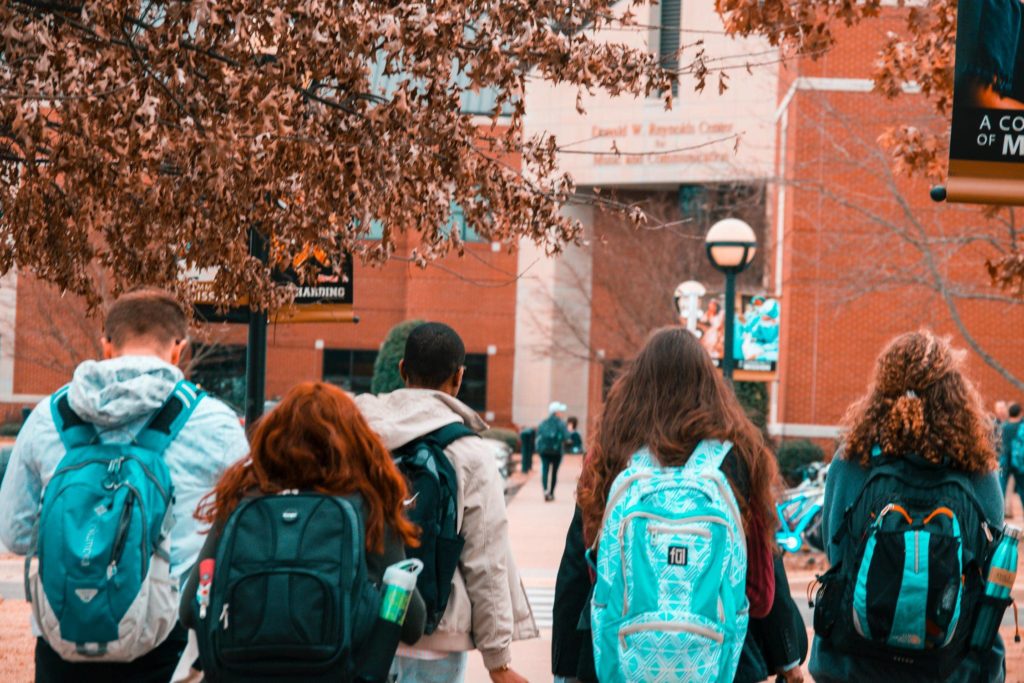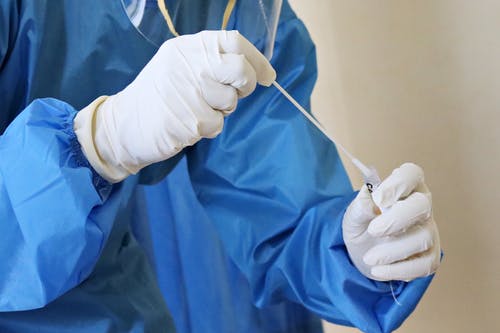Governor Eric Holcomb has announced additional steps the state will take to reduce the spread of novel coronavirus (COVID-19) in Indiana.
As of noon Thursday, the state has 12 Hoosiers who have tested presumptively positive for COVID-19.
“This is a time when we must do all we can to reduce the spread of COVID-19, protect our most vulnerable populations and reduce their potential to acquire or spread this virus,” said Gov. Holcomb. “While some actions are drastic, now, not later, is the time to act.”
Here are the actions Gov. Holcomb has initiated:
Non-essential gatherings must be limited to no more than 250 people. This includes any event or gathering of people who are in one room or a single space at the same time, such as cafeterias, churches, stadiums, meeting and conference rooms, auditoriums and the like. This guidance applies to professional, social, community and similar other gatherings. Detailed guidance will be posted on the Indiana State Department of Health website by the end of the day.
Effective immediately, school corporations will be provided with a 20-day waiver of the required 180 instructional days for use as needed for the remainder of the academic year. The waived days do not need to be used consecutively and can be leveraged as needed.
If a school corporation has evidence of community spread or a confirmed positive test for coronavirus, officials should consult with the Indiana Department of Education and the Indiana State Department of Health for additional steps. Schools should plan now for broader closures, including eLearning and remote classroom options. The Department of Education will release additional guidance detailing the process for submitting waiver requests as early as Friday.
Schools should follow the guidelines for non-essential gatherings as they make decisions about non-essential extra-curricular or co-curricular activities.
Child care and adult day care facilities should institute social distancing and minimize large gatherings. Temporary suspension of operations should be done in consultation with the Family and Social Services and ISDH in the instance of documented community spread.
Nursing facilities and hospitals should restrict and screen visitors. Any individual who is allowed to visit is restricted to the patient’s room. Visitors are not allowed if they present with any of this criteria:
Display signs or symptoms of illness, especially respiratory illness
Have traveled internationally or been in contact with someone with a respiratory illness in the past 14 days
Reside in a community with a known COVID-19 case
Those who are less than 18 years of age
The Indiana Department of Correction has suspended visitation at all facilities as a precaution for the health and safety of IDOC staff and offenders.
Individuals over 60 years of age or those with a known underlying health issue such as cardiovascular disease, diabetes or chronic respiratory disease should limit their public exposure. Whenever possible, friends and family should arrange to provide food and other essential items.
Those who run senior centers and congregate meal services should consider suspending congregate meals services and arrange for home delivery.
Encourage businesses to utilize telework policies, if available
Governor Holcomb is also issuing guidance for state employee operations. The state will suspend all non-essential out-of-state and international travel beginning today and for the next 45 days. The state is also providing employees with guidance about the use of leave and remote work options for limited durations while ensuring the delivery of essential state services. The guidance is attached.
“I fully expect there will be additional actions warranted in the coming days,” Gov. Holcomb said. “Just as we have since the beginning of the year, we are working with partners at all levels to secure all necessary resources for any escalation of this virus.”
If you are sick with COVID-19 or suspect you are infected with the virus:
Stay home unless you need to seek medical care.
Avoid public areas and public transportation
Stay away from others as much as possible, especially people who are the most at risk such as older adults with multiple medical problems and those with a weakened immune system
Don’t shake hands
Seek prompt medical attention if your illness is worsening such as difficulty breathing and call your doctor or healthcare facility before you seek care.













